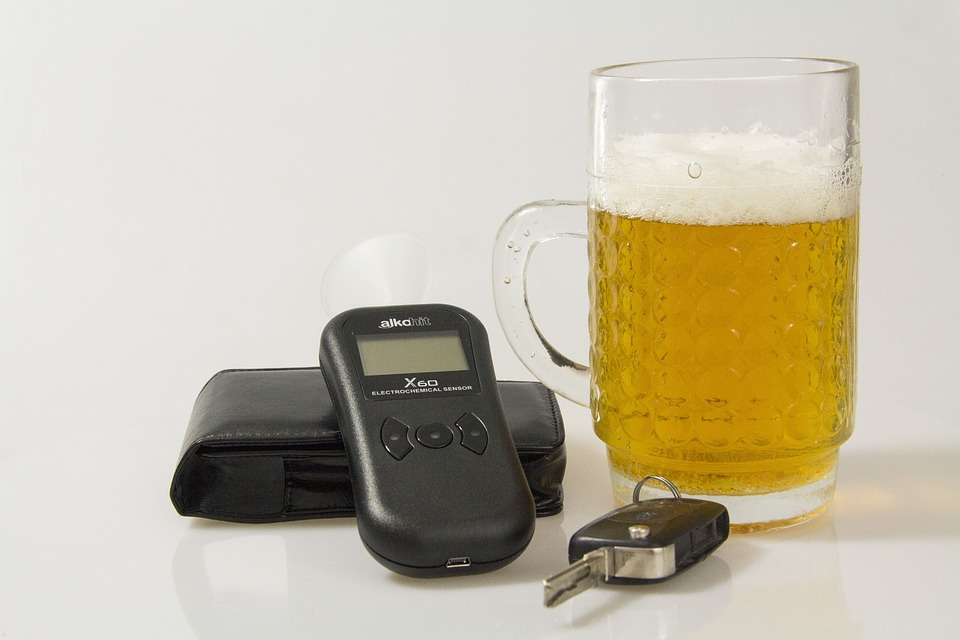The dangers of drinking and driving are no rocket science. It is well-known that alcohol can significantly impact coordination and judgement, which can lead to impaired driving abilities. Alcohol can remain in the system for hours and continues entering the bloodstream, impairing capabilities.
Drinking and driving can be dangerous for the driver and all those around them, including the passengers, the bystanders, and even other drivers on the road.
It is no surprise that drink driving is illegal all around the globe. In the UK, the offence is accompanied by harsh penalties such as fines, license suspension, and even imprisonment. The penalty depends on the nature of the offence committed and is decided upon by the magistrate hearing the case.
The Legal Limits of Alcohol Consumption in the UK
The UK has set strict limits for drivers regarding alcohol consumption. The limits are different in Scotland compared to other parts of the UK.
In Scotland, your alcohol level must be below the following:
- 22 mg in every 100 ml of breath
- 50 mg in every 100 ml of blood
- 67 mg in every 100 ml of urine
In other parts of the UK, the limits are slightly higher. The maximum alcohol level is at:
- 35 mg in every 100 ml of breath
- 80 mg in every 100 ml of blood
- 107 mg in every 100 ml of urine
However, there is no way to define the number of drinks a person can take before they go over the limit, as many factors can influence the concentration of alcohol in the system. The concentration can be affected by the following factors:
- The type of alcoholic drink you are consuming, as some have lower amounts of alcohol, while others are quite strong and can contain up to 95% alcohol
- Physiology: Age, weight, gender, and body type
- Stress levels
- What else you have consumed along with alcohol
Drink Driving Offences and Their Penalties
The police in the UK have the right to ask anyone they suspect of drink driving to take a breathalyser test. If the test results show alcohol levels higher than those mentioned above, the person will be detained and taken to a police station for a second test. If the second test comes out positive, the person will be charged with a drink driving offence.
Drink driving offences fall under the following categories:
Attempting to Drive or Driving While Above the Limit
Anyone caught while driving or trying to drive when their alcohol concentration is over the legal limits can face the following penalties:
- Imprisonment of up to six months
- Unlimited fine
- A one-year driving ban, which can be increased to three years if you are caught drink driving two times in ten years
Being In Charge of a Vehicle While Above the Limit
Anyone caught in a car, even when not driving, can be charged for excess alcohol. If the alcohol concentration is found above the legal limits, the person can be charged with the following penalties:
- Imprisonment of up to three months
- A fine of up to £2,500
- A one-year driving ban, which can be increased to three years if you are caught with another drink driving offence in ten years
Declining a Specimen
If you refuse to cooperate with the police officer and don’t provide a urine, blood, or breath specimen, you can face the following penalties:
- Imprisonment of up to six months
- Unlimited fine
- A one-year driving ban
Final Thoughts
Alcohol can impact judgement and motor skills, which severely impairs driving abilities. It is illegal to drive in the UK when the alcohol concentrations are above the limits and can result in penalties in the form of driving bans, fines, and imprisonment. It is best to seek alternative transport when you have consumed alcohol to keep yourself and others safe.


